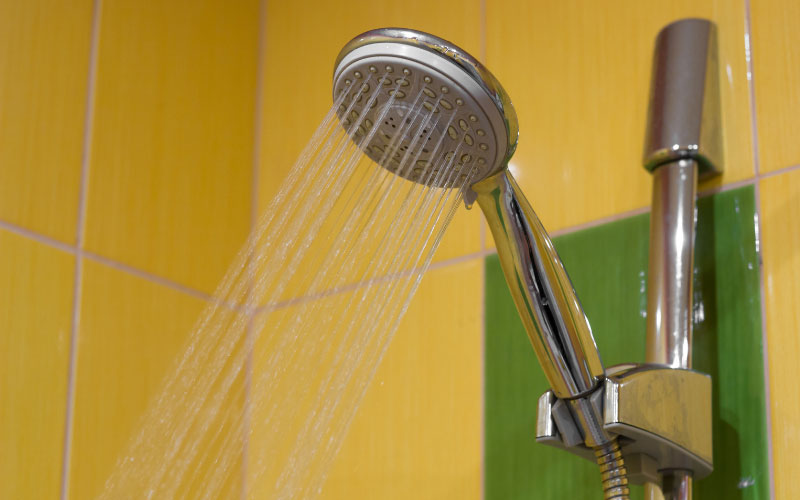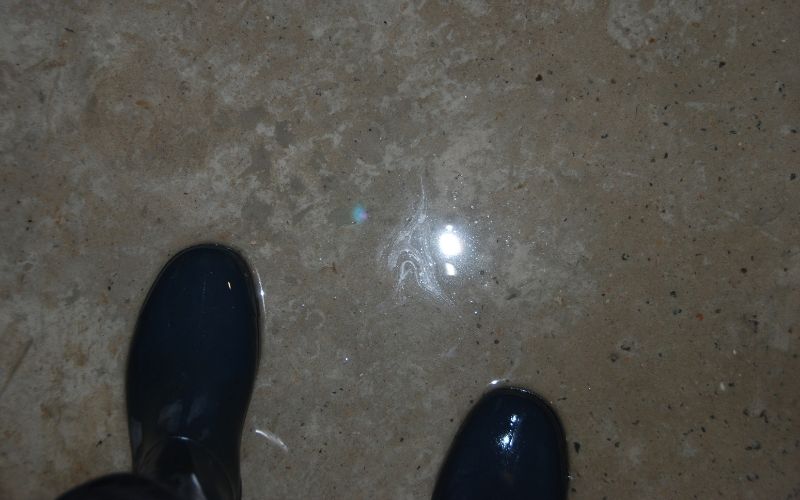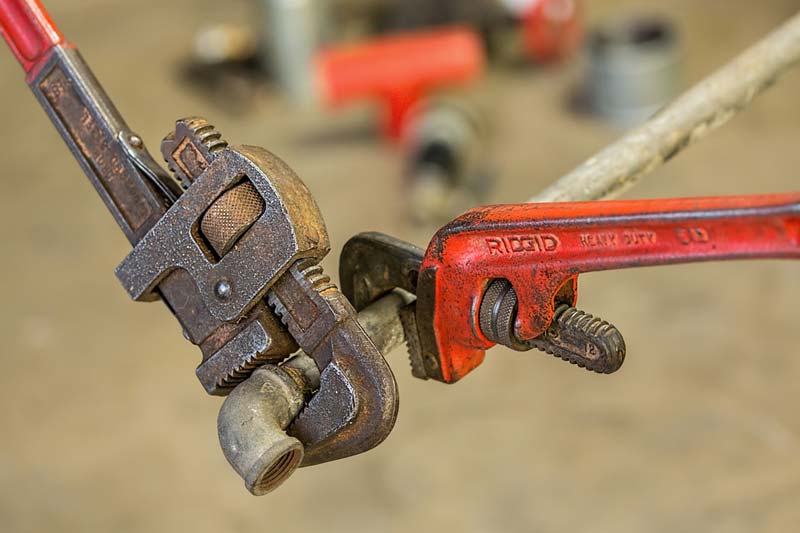There’s nothing like a hot shower at the end of a long day. But not all showers are created equal. Poor water pressure can cause frustration in the shower, the sink, the kitchen, and even the garden. But there are a few things you can do. In this post, we’ll take a look at what you can do for better water pressure at home and when you should call an expert.
PRESSURE BALANCE VALVE
The first place to check is the pressure balance valve. This balances the hot and cold mix of water coming into your shower or any of your faucets. Checking this valve involves moving the shower controls within the wall, which can be done with basic tools. It may be necessary to contact a professional if you’re not comfortable doing this on your own.
DIVERTER VALVE
In a bath/shower combo (very common in most homes), the diverter valve switches the direction of the water from the bath to the shower. If this area is dripping, or otherwise not working properly, it could negatively impact your water pressure.
UNEXPECTED CLOGS
If a pipe is blocked, or the showerhead is clogged, you can detach it to take a closer look. Clogs are generally easy to fix. A showerhead clog typically occurs when deposits from hard water prevent water from flowing freely. Once detached, you can soak the showerhead in a cleaning solution, and then give it a good scrub. You can also invest in a water softening system to prevent hard water in the first place.
BROKEN PIPES
Broken or cracked pipes delivering water to your home can cause a decrease in water pressure. They can also lead to water damage that could be much more costly. If there’s a leak you don’t know about, the damage could get worse before you discover it.
REVIEW
- The pressure balance valve and diverter valve can be checked by you or an expert to make sure the settings are correct.
- Dirty or clogged showerheads and pipes can be cleaned to improve water pressure.
- Weak water pressure can be a sign of cracks in pipes that you may not realize!
WORTH THE CALL
The Bosworth Company in Kerrville can help you check your water pressure and make sure your next shower provides the relaxation you need. You can reach us at 830-428-2764 or schedule an appointment online. It’s Worth the Call. Always.







 Hard water
Hard water
 Have you heard about the
Have you heard about the 


